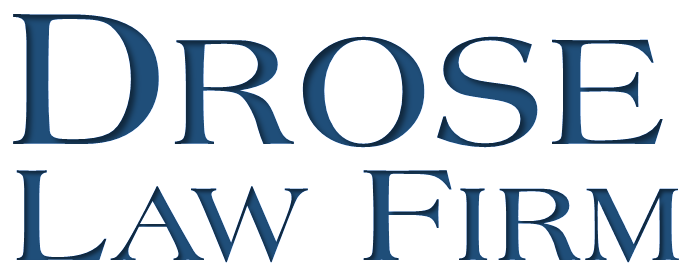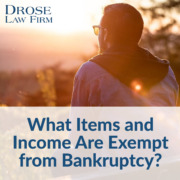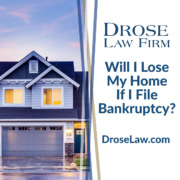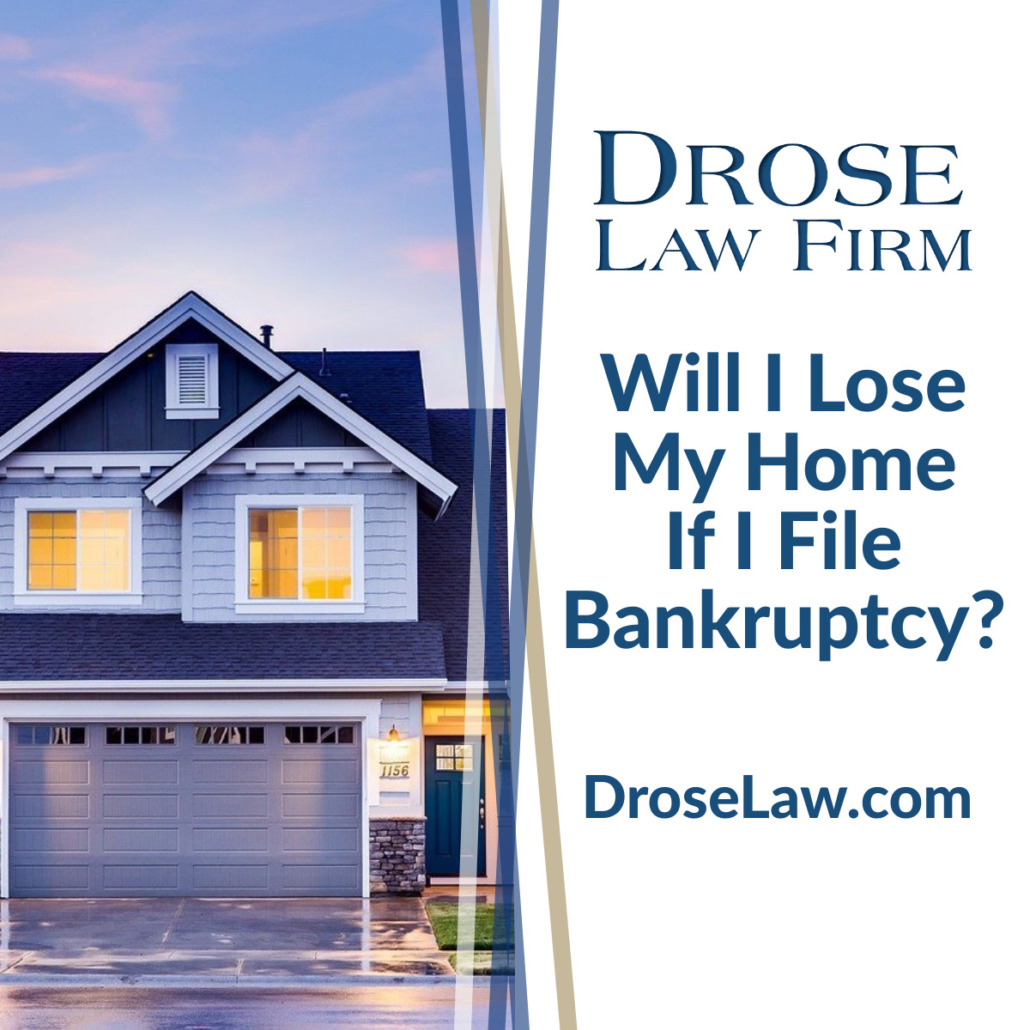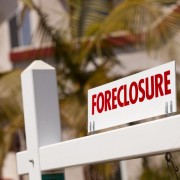What Items and Income Are Exempt from Bankruptcy?
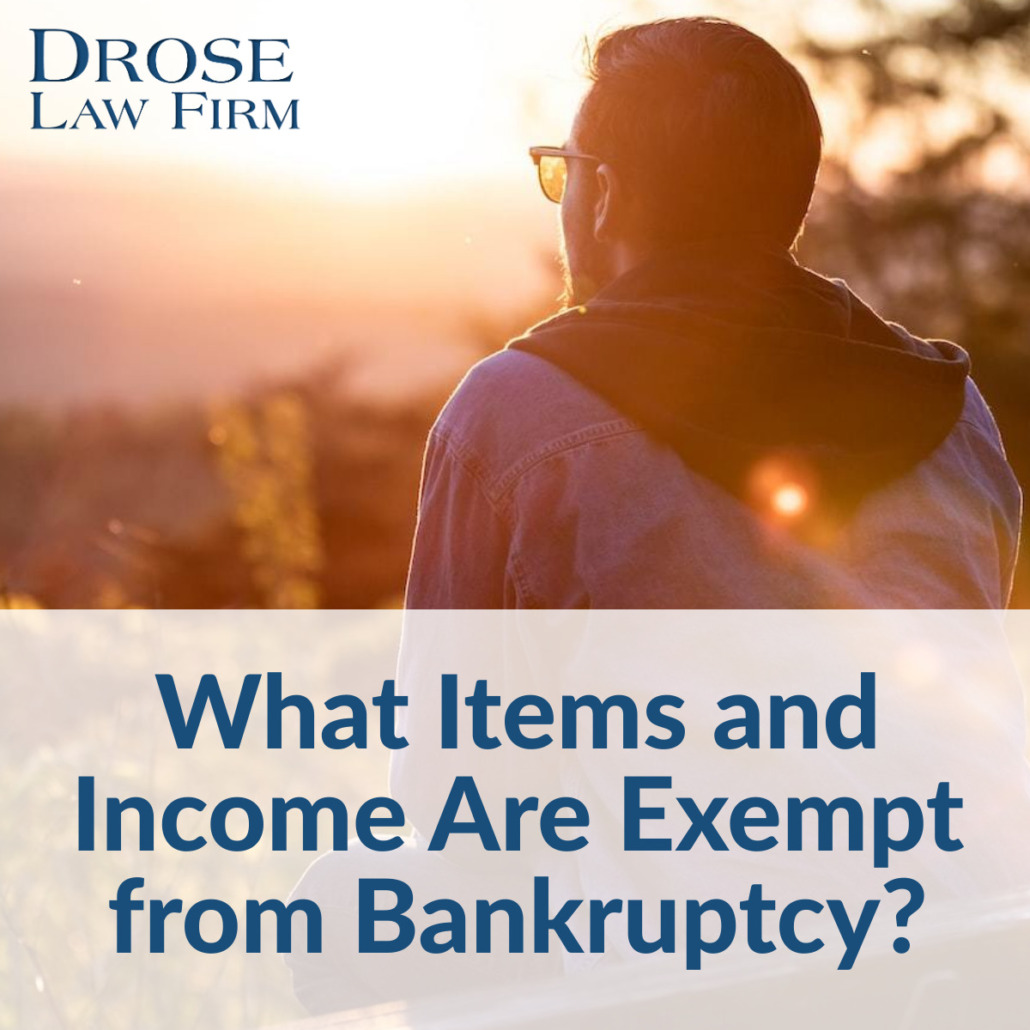
We are continuing our series of articles discussing the various types of items and income that may be exempt from bankruptcy in South Carolina. Our previous articles discussed equity in your home, personal property, retirement accounts, and equity in your automobile. While only an experienced bankruptcy attorney can advise you of what is exempt in your case, here are more types of items and income that may qualify for exemption.
Professional Tools and Equipment
If you have specific tools and/or equipment that you need and use to perform your work, then these may qualify for exemption. Examples include commercial tractors, lawn mowers, welding equipment, books, computers, telephones, and any other professional equipment you use to earn income. If you have any tools of the trade that you think may qualify, be sure to disclose these to your bankruptcy attorney.
Alimony and Child Support
If you are receiving any alimony or child support, this is exempt from your bankruptcy filings. Once again, be sure to disclose all alimony and/or child support payments you receive to your bankruptcy lawyer.
Many people think that filing bankruptcy means losing everything. That is simply not the case. A bankruptcy lawyer can help you navigate through the difficult process and advise you of what assets you may be able to retain. When it comes to filing bankruptcy, Charleston residents and those in surrounding areas have trusted Drose Law Firm for more than three decades. Our bankruptcy lawyer handles debt resolution, debt settlement, and foreclosure resolution cases, including IRS debt resolution. Give us a call to schedule a consultation with our bankruptcy attorney today.
